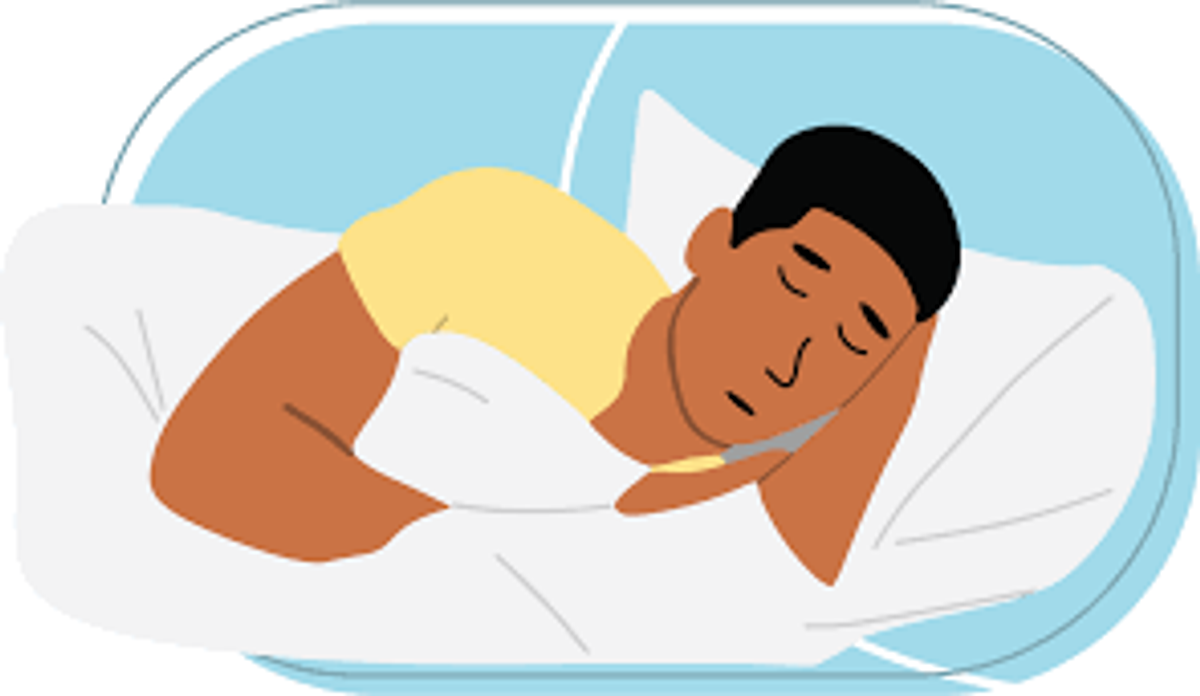Allied Health (Wellbeing)

Allied Health (Wellbeing)
The Importance of Sleep for Teenagers’ Wellbeing and Learning


In today’s busy world, sleep is often overlooked, especially for teenagers balancing academics, extracurricular activities, and social lives. However, getting enough sleep is critical for their overall wellbeing and academic success. Here’s why sleep matters so much for teenagers and how it directly impacts their mental, physical, and emotional health.
1. Sleep and Brain Development
Teenagers are in a crucial stage of brain development. During sleep, the brain processes and consolidates information learned during the day, forming new connections and strengthening memory. Without adequate sleep, students may struggle with concentration, problem-solving, and retaining information—essential skills for learning and academic performance.
2. Mental Health Benefits
Sleep plays a vital role in emotional regulation. Sleep-deprived teens are more likely to experience mood swings, anxiety, and depression. A well-rested teen is better equipped to handle stress and maintain a positive outlook on life.


3. Impact on Physical Health
Sleep is essential for the body to repair itself. During deep sleep, growth hormones are released, muscles are restored, and the immune system is strengthened. For active teens, whether in sports or other physical activities, good sleep ensures peak performance and recovery.
4. Better Decision-Making and Impulse Control
Sleep deprivation affects the prefrontal cortex, the part of the brain responsible for decision-making and impulse control. This can lead to risky behaviours or poor judgment, often seen in sleep-deprived teens.
5. How Much Sleep Do Teens Need?
Teenagers require 8–10 hours of sleep per night, but studies show that many are falling short of this due to early school start times, homework, screen time, and social commitments.
6. Practical Tips for Better Sleep
•Set a Consistent Schedule: Encourage your teen to go to bed and wake up at the same time every day, even on weekends.
•Limit Screen Time Before Bed: Blue light from screens can interfere with the production of melatonin, the hormone that regulates sleep. Aim to turn off devices at least an hour before bedtime.
•Create a Sleep-Friendly Environment: A dark, quiet, and cool bedroom promotes better sleep.
•Encourage Relaxation Techniques: Reading, listening to calming music, or practicing mindfulness can help teens unwind before bed.
•Monitor Caffeine Intake: Avoid caffeinated drinks in the afternoon and evening.
7. Long-Term Benefits of Prioritizing Sleep
Teens who consistently get enough sleep are more likely to excel academically, have better mental health, and maintain healthier relationships. As parents and educators, we play a crucial role in supporting their sleep habits, which in turn supports their growth and success.
By prioritizing sleep, we empower our teenagers to reach their full potential, both in and out of the classroom.